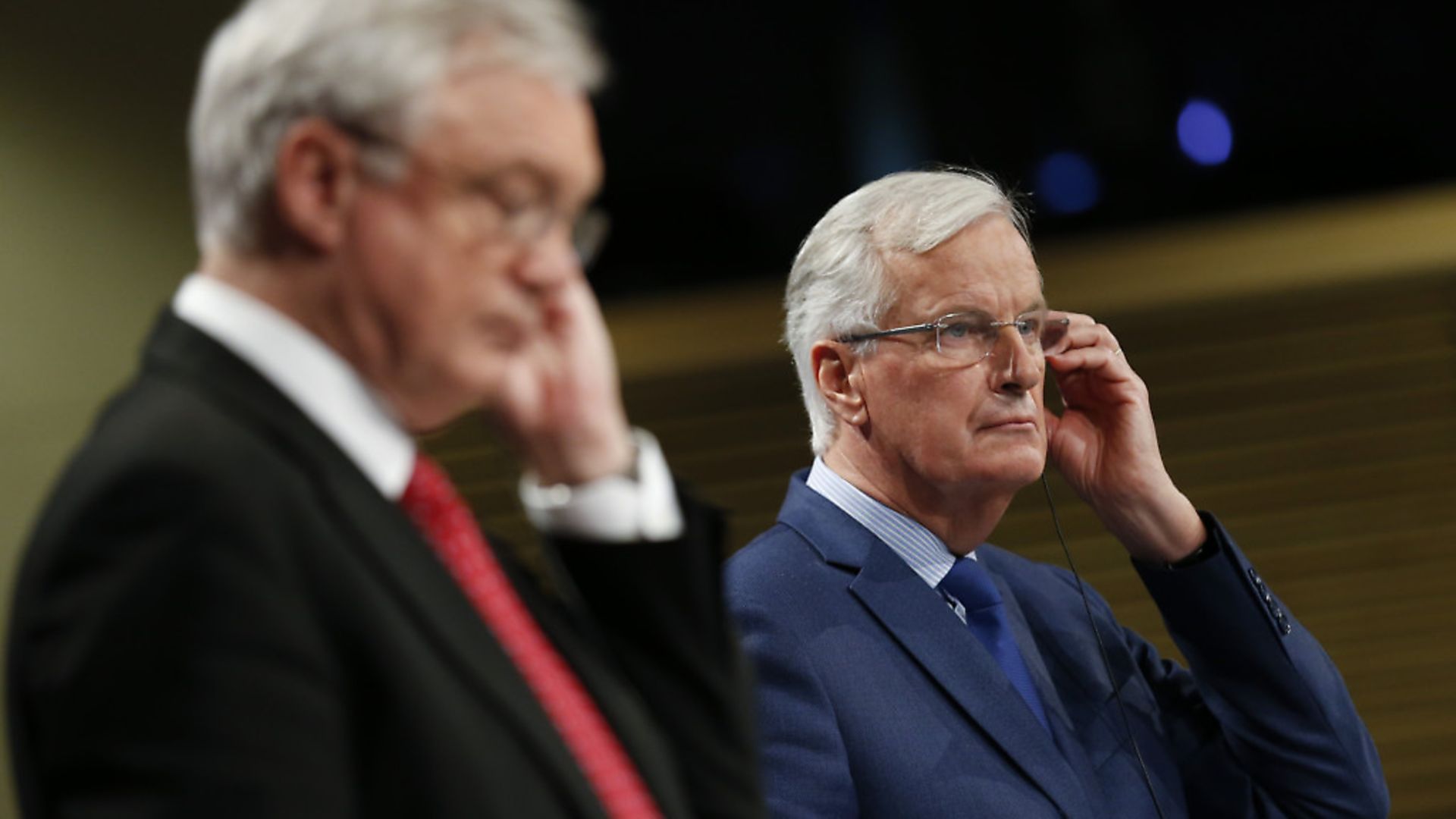
Millions of families already struggling with soaring prices could end up being another £500 worse off if Britain crashes out of the European Union without a deal, according to a report.
The average yearly household bill would rise by £260 in a ‘no deal’ scenario in which Britain imposes the same tariffs on the EU as it does for other World Trade Organisation (WTO) countries.
But three million families could see price rises of more than £500 while the proportionate impact on the poorest fifth of households would be 33% greater than on the richest fifth, the report by the Resolution Foundation and Sussex University’s UK Trade Policy Observatory found.
It shows that walking away from deadlocked Brexit negotiations would be the ‘worst possible outcome’, the authors said.
The analysis of a ‘no deal’ scenario where the UK imposes WTO ‘most favoured nation’ tariffs on the EU found that levies on dairy imports would rise by 45%, meat products by 37%, and clothing, footwear, drinks and tobacco by 10%.
These tariffs would feed through into significant price increases, with the average price of dairy goods rising by 8.1%, meat products by 5.8% and cars and other vehicles by 5.5%, the report said.
The hit to living standards would be greater for lower-income households as they tend to spend a greater share of their income on food and essential items of clothing which would be most affected by new tariffs.
A different ‘no deal’ Brexit scenario, in which the UK unilaterally reduces all tariffs to zero, would reduce household spending by an average of £130 a year.
But this is unlikely to happen as it would reduce Britain’s ability to strike free trade deals around the world, and expose some industries to ‘sharp competitive pressures’ as other countries would not be obliged to reduce their own tariffs.
Stephen Clarke, economic analyst at the Resolution Foundation, said: ‘The Government has said that while it wants a comprehensive trade agreement it is also preparing for a ‘no deal’ scenario when we leave the EU.
‘Such an outcome – which could see the UK imposing tariffs on EU imports – would increase the annual shopping bills of millions of households by £500, with poorer families taking the biggest hit.
‘While trade may not have been the biggest issue in the referendum, it is one that will affect the day-to-day living standards of every family in Britain.
‘The Government must rightly continue to prioritise a comprehensive new trade agreement with the EU in order to avoid households having to fork out for a ‘no deal’ outcome through higher prices and squeezed households budgets.’
Ilona Serwicka, research fellow at Sussex University, said: ‘Our research shows that this (no deal) scenario will increase the cost of essential goods, such as food and clothes, which will impact most adversely on those households who already struggle to get food on the table and make ends meet.
‘To avoid the real economic danger of a ‘cliff-edge’ scenario – that will see the cost of living for households up and down the country go up – the UK Government must realise that walking away from the negotiating table is the worst possible outcome.’








